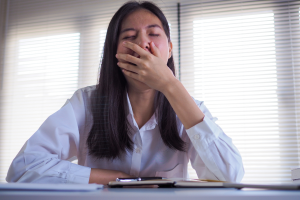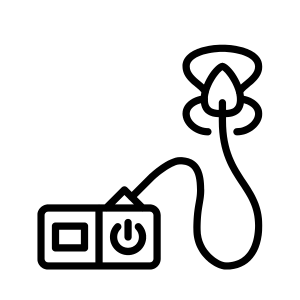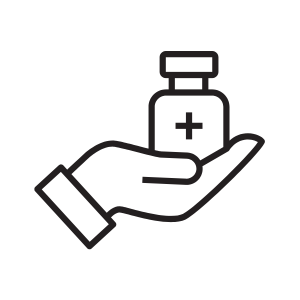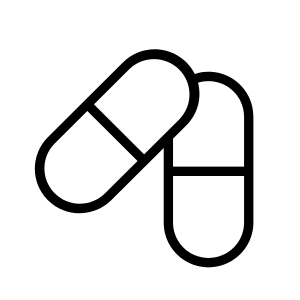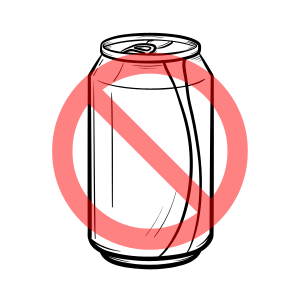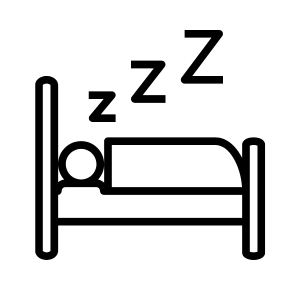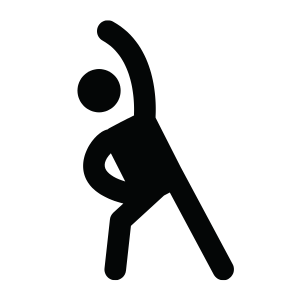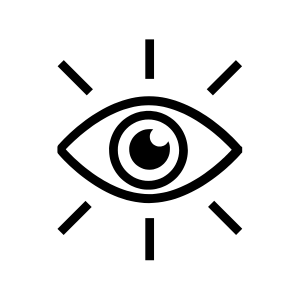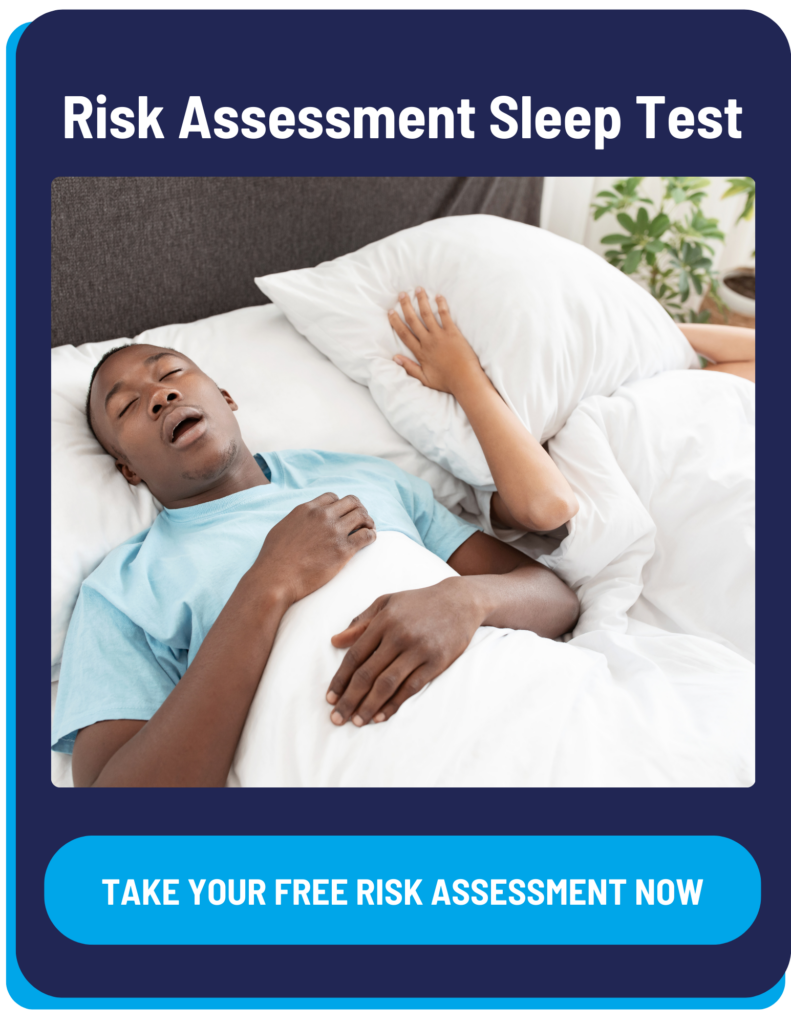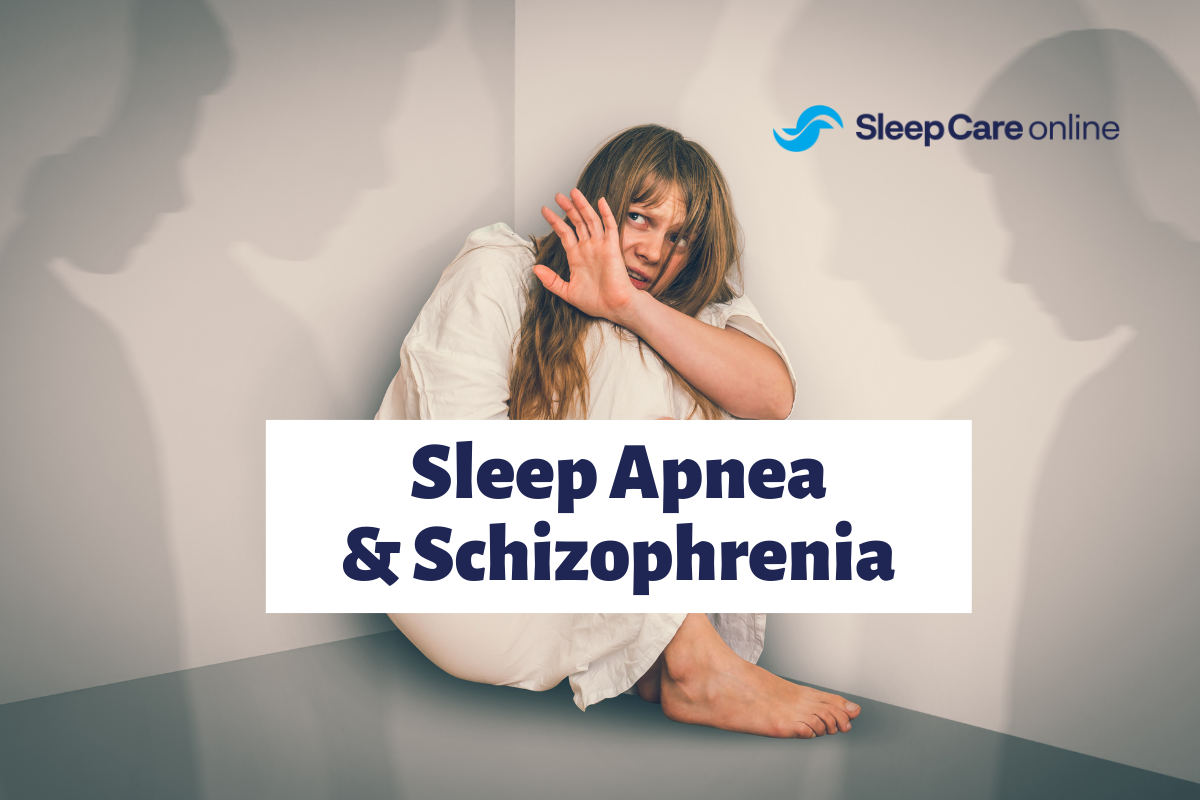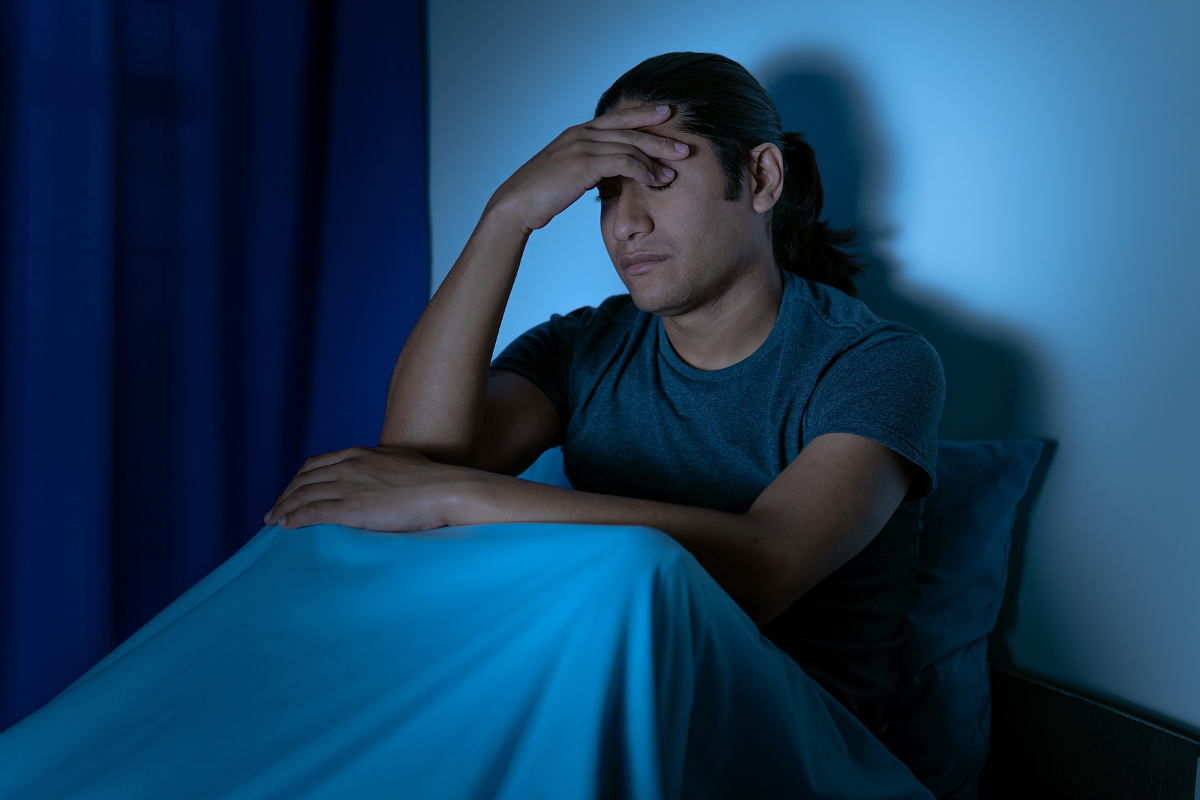Daytime sleepiness is clear to anyone who has experienced it— the feeling of sleeplessness during the day even though you slept at night. You may even doze off in the middle of your daytime activities. While daytime sleepiness may occur occasionally due to a disruption of your normal sleep schedule, consistent daytime sleepiness may indicate a sleep disorder.
What Is Excessive Daytime Sleepiness?
Excessive daytime sleepiness, clinically known as hypersomnia, is a condition where people fall asleep repeatedly during the day. Sometimes individuals with hypersomnia will fall asleep in the middle of eating a meal or during a conversation.
People with hypersomnia will experience these drowsiness episodes even though they have had a full night of sleep. They may also take naps during the day yet still feel sleepy. Even though they have this daytime drowsiness, they still sleep all night.
Hypersomnia becomes serious when it interferes with work or home responsibilities such as caring for children. Hypersomnia can also become a risk for those who may fall asleep while driving.
What Causes Daytime Sleepiness?
Obstructive Sleep Apnea
Obstructive sleep apnea (OSA) is a chronic disorder that affects roughly 22 million Americans, according to the American Sleep Association. Apneas (from the Greek word for “breathless”) are events that occur when the muscles at the back of the throat relax causing the soft tissue to block the airway.
An individual experiencing an apnea event may cease breathing for up to 10 seconds. In severe cases, apnea events can occur more than 30 times per hour. Most often, the individual does not even realize they are waking up gasping for air. Central sleep apnea is another form of sleep disorder that occurs when your brain doesn’t send proper signals to the muscles that control breathing.
Both types of sleep apnea can cause hypersomnia.
Side Effects of Medicine
Some medications and even recreational drugs may have hypersomnia as a side effect.
Some medications that may cause hypersomnia include:
- Antihistamines
- Antidepressants
- Beta-blockers
- Muscles relaxers
- Benzodiazepines
If you are prescribed any of these medications, be sure to check with your doctor if you are experiencing daytime sleepiness. Changes in dosage or alternate medications may be the solution.
Alcohol, marijuana, and opiates are substances that can cause hypersomnia. These substances can also initiate other sleep issues that can result in daytime sleepiness. The prolonged use or withdrawal of substances can also cause hypersomnia and negatively impact your sleep pattern and quality.
If you experience daytime sleepiness and use recreational substances, you should abstain or look to treatment options for drug use if hypersomnia is a consistent problem.
Idiopathic Hypersomnia
Idiopathic hypersomnia is an uncommon sleep disorder that causes you to be excessively sleepy during the day even after a good or prolonged night’s sleep. It also often causes difficulty waking up after you’ve been asleep at night or for a nap. Naps generally aren’t refreshing.
The need to sleep can strike at any time, including when you’re driving a car or working, which makes idiopathic hypersomnia potentially dangerous.
The condition often develops over weeks to months. Diagnosing idiopathic hypersomnia requires ruling out more common sleep disorders. Treatment is aimed at controlling symptoms with medication.
The cause of idiopathic hypersomnia is not completely clear to the medical community.
Aging
Sleep patterns tend to change as you age. Most people find that aging causes them to have a harder time falling asleep. They wake up more often during the night and earlier in the morning.
Total sleep time stays the same or is slightly decreased (6.5 to 7 hours per night). It may be harder to fall asleep and you may spend more total time in bed. The transition between sleep and waking up is often abrupt, which makes older people feel like they are lighter sleepers than when they were younger.
Excessive sleepiness in older adults is often due to many factors and may signal an underlying sleep disorder, chronic medical condition, undiagnosed mood disorder, or side effects of medications. It is associated with an increased risk for cognitive decline and dementia in the elderly.
Depression
Depression is a common mood disorder that causes both emotional and physical symptoms. Sleep problems are a symptom of depression, which can cause difficulty sleeping or oversleeping in some people. Hypersomnia commonly occurs with depression. However, the relationship between the two conditions is complex, and it is unclear which one causes the other.
Because depression can deeply affect healthy sleep patterns, those suffering from the mental illness may fall into a cycle of daytime sleepiness because they have neglected to sleep at night. Often those with depression will slip into nighttime routines that keep them up, leaving them too tired for daytime responsibilities.
Restless Legs Syndrome
Restless legs syndrome (RLS), also called Willis-Ekbom disease, is a disorder that causes a strong urge to move. It also causes sensations described as creeping, itching, pulling, crawling, tugging, throbbing, burning, or gnawing. RLS runs in families and is also associated with many conditions and diseases and medications.
These sensations usually occur when lying down in bed or when sitting for long periods, such as while driving or while at a theater. RLS typically occurs in the evening, making it difficult to fall asleep. Often people with RLS want to walk around and shake their legs (or arms) to help relieve the uncomfortable sensations.
Frequent bouts of this condition can disrupt normal sleep patterns much like any sleep disorder. Without proper sleep at night, many people may experience daytime sleepiness to make up for lost sleep.
Narcolepsy
Narcolepsy is a chronic sleep disorder characterized by overwhelming daytime drowsiness and sudden attacks of sleep. People with narcolepsy often find it difficult to stay awake for long periods, regardless of the circumstances. Narcolepsy can cause serious disruptions in your daily routine.
The typical onset of narcolepsy occurs between the ages of ten and twenty, but can also occur in young children. It affects 1 in every 2,000 individuals who have a genetic predisposition that is then activated by an environmental trigger. In individuals with narcolepsy, aspects of rapid eye movement (REM) sleep intrude on wakefulness, while wakefulness intrudes on their sleep. Individuals with narcolepsy may quickly enter into REM sleep without first experiencing non-rapid eye movement (NREM) sleep, both at night and during the day.
Excessive Daytime Sleepiness Symptoms
Excessive sleepiness cannot be counted as a result of one night’s lost sleep. Consistent daytime drowsiness and its corresponding symptoms indicate a chronic sleep disorder. Symptoms may include:
- Feeling very sleepy during the day, often falling asleep in the middle of tasks
- Having difficulty waking up in the morning and feeling as if you didn’t get enough sleep
- Feeling anxious, restless, and irritable as sleep loss affects mood
- Having headaches, loss of appetite, or hallucinations
- Having trouble focusing, concentrating, thinking, and talking quickly
Patterns of these symptoms should be addressed with a diagnosis. See your primary care doctor who may identify underlying causes such as medications or other health issues. Meeting with a sleep doctor is the next step to determining if you have a sleep disorder.
Excessive Daytime Sleepiness Treatments
 For Obstructive Sleep Apnea
For Obstructive Sleep Apnea
Obstructive sleep apnea requires CPAP therapy to help reduce episodes of wakefulness during the night. After a diagnosis of OSA, a doctor will prescribe a CPAP machine for nightly CPAP therapy. The CPAP machine directs pressurized air through a hose and into a mask that the patient wears at night. The pressurized air keeps the airway from falling closed, allowing the patient to gain the essential sleep they need. The prescribed amount of pressurized air is determined by the doctor and is defined by the machine setting. Most sleep apnea patients continue CPAP therapy indefinitely, though they may adjust their CPAP machine settings over time as their therapy needs change.
 For Side Effects of Medicine
For Side Effects of Medicine
If it is determined that medications may be causing daytime sleepiness your doctor may look into changing the dosage or reviewing alternative medications that you can use that may not have that side effect.
Often a doctor may recommend going without certain medications for some time to see if the daytime sleepiness persists. A doctor may also provide additional medications that can help curb the side effects so that daytime sleepiness does not occur.
Recreational drugs and alcohol can also cause daytime sleepiness. Abstaining from these substances may reduce the instances of daytime sleepiness. If you have difficulty quitting or reducing the use of these substances, you can seek medical help for achieving abstinence.
 For Idiopathic Hypersomnia
For Idiopathic Hypersomnia
Because the cause of idiopathic hypersomnia isn’t known, the treatment is aimed at easing symptoms. Stimulant medication, such as modafinil (Provigil), might be prescribed to help you stay awake during the day.
In addition, your doctor might recommend that you develop a regular nighttime sleep schedule and avoid alcohol and medications that can affect your sleep.
To diagnose your condition, your doctor will review your symptoms, go over your family and medical history, including your medications, and conduct a physical examination. Your doctor might order several tests to diagnose your condition, determine the cause of your condition and rule out other conditions.
 For Aging
For Aging
Because daytime sleepiness becomes more common as we age, we can make lifestyle changes to help reduce the frequency of naps and improve nighttime sleep. Avoiding stimulants like caffeinated beverages helps improve evening sleep. Also maintaining a consistent sleep schedule helps your changing body adapt to certain set patterns. When to wake and when to sleep become more normalized when we establish a schedule, rather than responding to urges to sleep.
Often boredom in old age is another major contributor to daytime sleepiness. Anyone entering older age should look to stay as active as possible during the day. Activity wears out excess energy for a more peaceful sleep at night.
 For Depression
For Depression
Managing depression may find daytime sleepiness is becoming a problem. Sometimes it may be due to depression medications you have been prescribed. Check with your doctor about managing medications, either through the type of medication you are taking or in reduced dosage.
Also, daytime sleepiness among depression patients is often related to an erratic or unusual sleep schedule. Staying up all night and sleeping during the day can have adverse effects on your circadian rhythm and actually amplify depression symptoms.
Try to develop a consistent sleep schedule that focuses on nighttime sleep and find activities during the day to stay stimulated and awake. By taking charge of your sleep, you can improve your sleep health and reduce depression symptoms.
 For Restless Legs Syndrome
For Restless Legs Syndrome
Sometimes, treating an underlying condition, such as iron deficiency, greatly relieves symptoms of RLS. Correcting an iron deficiency may involve receiving iron supplementation orally or intravenously. However, take iron supplements only with medical supervision and after your provider has checked your blood iron level.
If you have RLS without an associated condition, treatment focuses on lifestyle changes. Avoiding caffeinated beverages, using cold packs on your legs before bedtime and moderate exercise can help reduce restless leg syndrome symptoms. If those aren’t effective, your provider might prescribe medications.
By reducing the episodes of restless leg syndrome, you can improve nighttime sleep and reduce the frequency of daytime sleepiness.
 For Narcolepsy
For Narcolepsy
There is no cure for narcolepsy, but medications and lifestyle modifications can help you manage the symptoms.
Medications like stimulants can help manage narcolepsy and reduce daytime sleepiness. Drugs that stimulate the central nervous system are the primary treatment to help people with narcolepsy stay awake during the day. Doctors often try modafinil (Provigil) or armodafinil (Nuvigil) first for narcolepsy. Modafinil and armodafinil aren’t as addictive as older stimulants and don’t produce the highs and lows often associated with older stimulants. Side effects are uncommon, but may include headache, nausea, or anxiety.
Lifestyle changes can include avoiding alcohol and nicotine and sticking to a consistent sleep schedule to keep healthy sleep occurring during the night.
Excessive Daytime Sleepiness Complications
There could be many potential complications if you have excessive daytime sleepiness, leading to a negative impact on your overall quality of life. Some complications include:
- Having mood swings or depression
- Having socialization problems
- Decreased productivity, in both personal and professional life
When To Seek Help for Daytime Sleepiness
The occasional sleep loss event is nothing to worry about. But if daytime sleepiness becomes a persistent part of your life and is affecting your health, then it is time to seek help from your doctor.
Identifying and diagnosing why you are experiencing daytime sleepiness is the first step. You may be required to take a sleep test to determine if you are losing sleep due to a sleep disorder. Other causes will also be evaluated.
Conclusion
Healthy sleep is essential for overall health. While a busy lifestyle makes for a good excuse to trudge through your day falling asleep, it is not a long-term sustainable plan. Think about healthy sleep and how to stay on a sleep schedule. Avoid anything that keeps you awake and if personal issues are affecting sleep, then it might be time to seek help from a mental health professional.
Unrelated to lifestyle, detecting a sleep disorder may also be a solution to your problem. Sleep doctors have treatments that can help you achieve the nightly, healthy sleep you need.
References
- Sleep Apnea Information for Clinicians
- Idiopathic hypersomnia Mayo Clinic
- Narcolepsy Fact Sheet National Institute of Neurological Disorders and Stroke
- Restless Leg Syndrome Mayo Clinic

